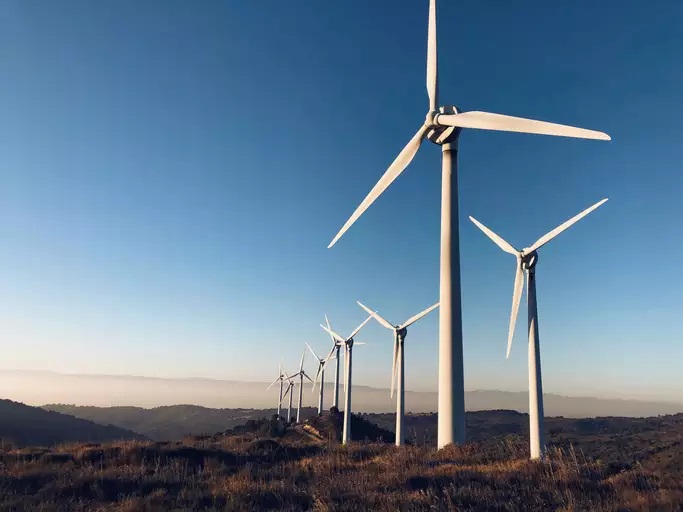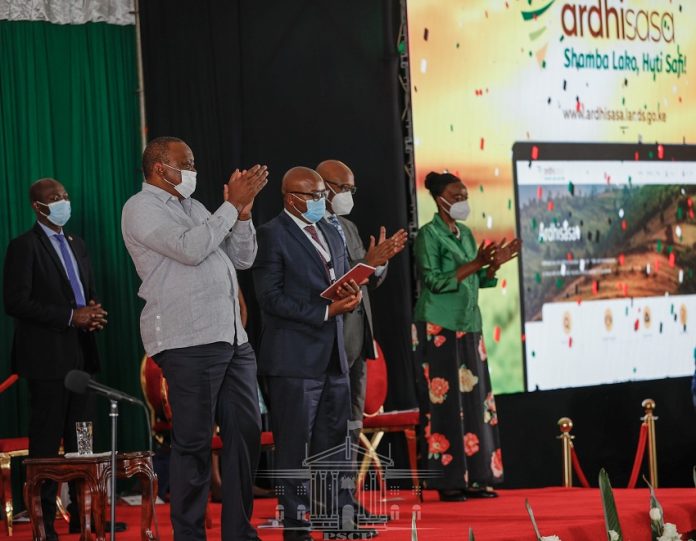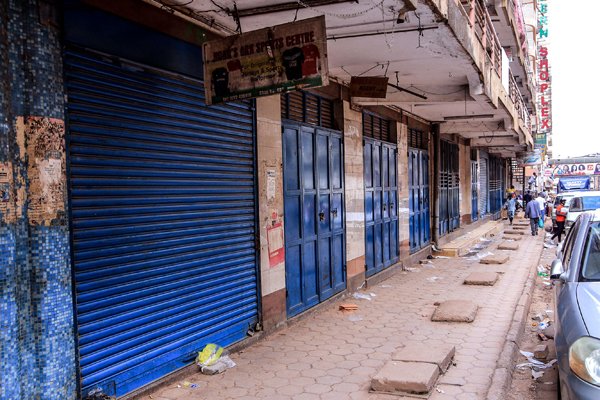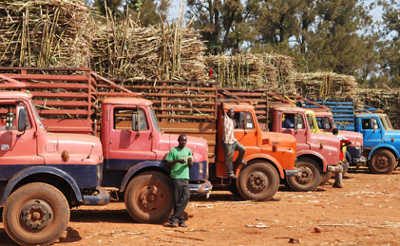TPSF chair launches advisory committees on investment and business THE Board chairperson of the Tanzania Private Sector Foundation (TPSF) Angelina Ngalula yesterday inaugurated here seven committees that will, among other things do research and recommend TPSF positions on business environment and investment to be forwarded to the government for- Tanzania Private Sector Foundation (TPSF) board chairperson, Angelina Ngalula (C) speaks at the launch of seven committees of the foundation in Dar es Salaam yesterday. Others are the foundation’s chairman of the policy and advocacy research and lobbying and Kibaha MP Sylvestry Koka. Looking on is TPSF managing director Francis Nanai. Photo: Guardian Correspondent - implementation. The committees are on programmes and enterprise development, finance and administration, resource mobilisation and sustainability, investment and local content, outreach and membership services, policy and advocacy research and lobbying and audit and risk management. Ngalula said the committees have been carefully selected and called on members to work diligently to achieve the goals for which the committees were formed. “We ask and expect you to be thorough in you work so that we achieve all the goals for which these committees have been formed,” she said explaining that the collective work of the committees will put TPSF in a good position to advise the government on business environment and investment promotion. TPSF, she said, is the voice of members of the business community, adding that the nation expects members in whatever their deals and conduct to remain patriotic, responsible and transparent in paying taxes so...
TPSF chair launches advisory committees on investment and business
Posted on: April 27, 2021
Posted on: April 27, 2021
























